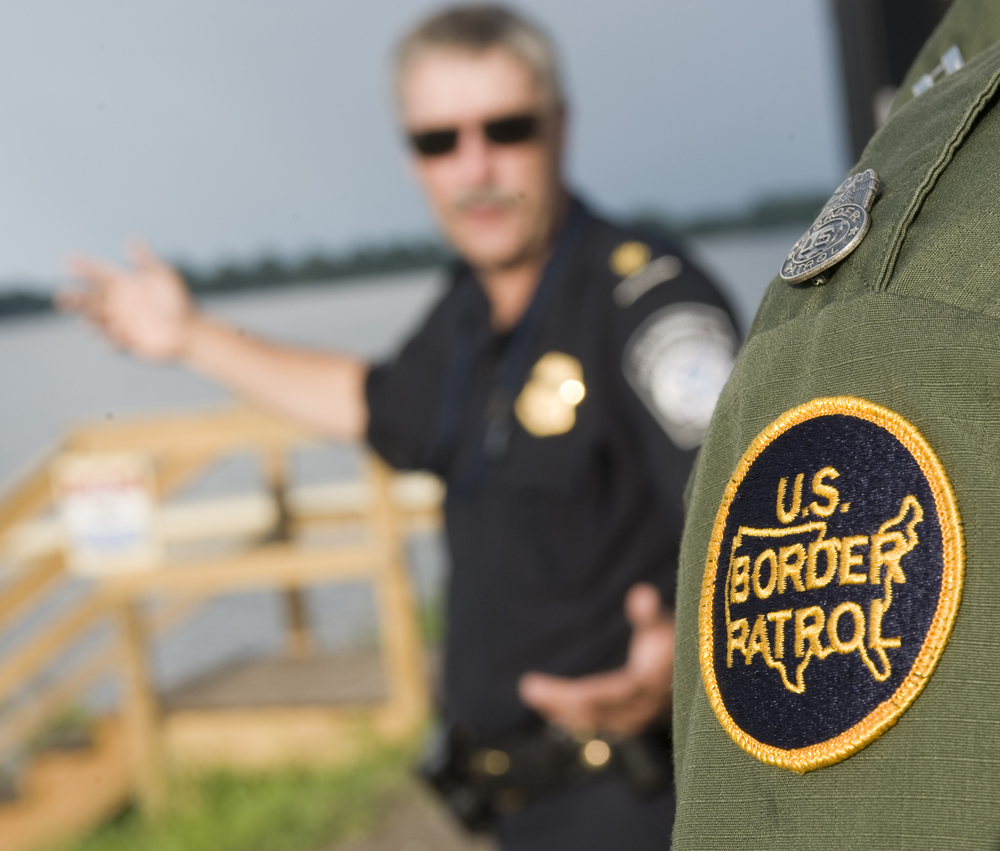Canadians may be banned from entering the U.S. for legally using marijuana in Canada if a border officer decides that they are likely to consume it in the United States, American border officials told reporters Tuesday.

“If someone admits to smoking frequently in Canada, then that will play into the officer’s admissibility decision about whether they think, on this specific trip, they are also likely to engage in smoking marijuana in the United States as well,” said Todd Owen, a senior official with U.S. Customs and Border Protection.
“It’s now legal in Canada, so it comes down to whether the officer believes they may engage in the same activity while in the United States, based on the intent and purpose of their trip, as opposed to the legal engagement within Canada.”

However, U.S. border officials will make a distinction between whether a Canadian’s past marijuana use was before or after legalization, he said.
“When they are questioned by the officer during the interview process, if illegal drug use comes up, it could come down to pre-legalization or post-legalization, and the officer will make the corresponding decision about admissibility based on that.”
However, Owen also said he “would not expect that officers would be routinely asking people about their marijuana use.”

Get daily National news
Owen also said that past marijuana convictions in Canada would continue to be a basis in being banned from the U.S., even if the person had later been pardoned in Canada, or if marijuana convictions were expunged in an amnesty.
“We don’t recognize the Canadian amnesty. That would still make you inadmissible into our country.”
Canadians can be banned from entering the United States for being an ‘abuser’ of marijuana. Asked how officers would decide what level of use constituted abuse, Owen would only say that if would be “based on the facts and circumstances of the inspection, and based on what the officer gleans from the inspection process.”
While a growing number of states have legalized recreational marijuana at the state level, it remains illegal at the federal level, and Canadians can be banned from using it in states such as California or Oregon, or admitting at the border that they plan to.
The U.S. Department of Homeland Security has refused to disclose how many Canadians have been banned from entering the United States due to marijuana use.
People banned at the U.S. border can apply for a “waiver” to let them cross. But the process is time-consuming, expensive — the fee recently rose to US$930 — and the process has to be started from scratch every few years for the rest of the person’s life.
You can download an audio file of the news conference here (18MB .mp3 file).












Comments
Want to discuss? Please read our Commenting Policy first.